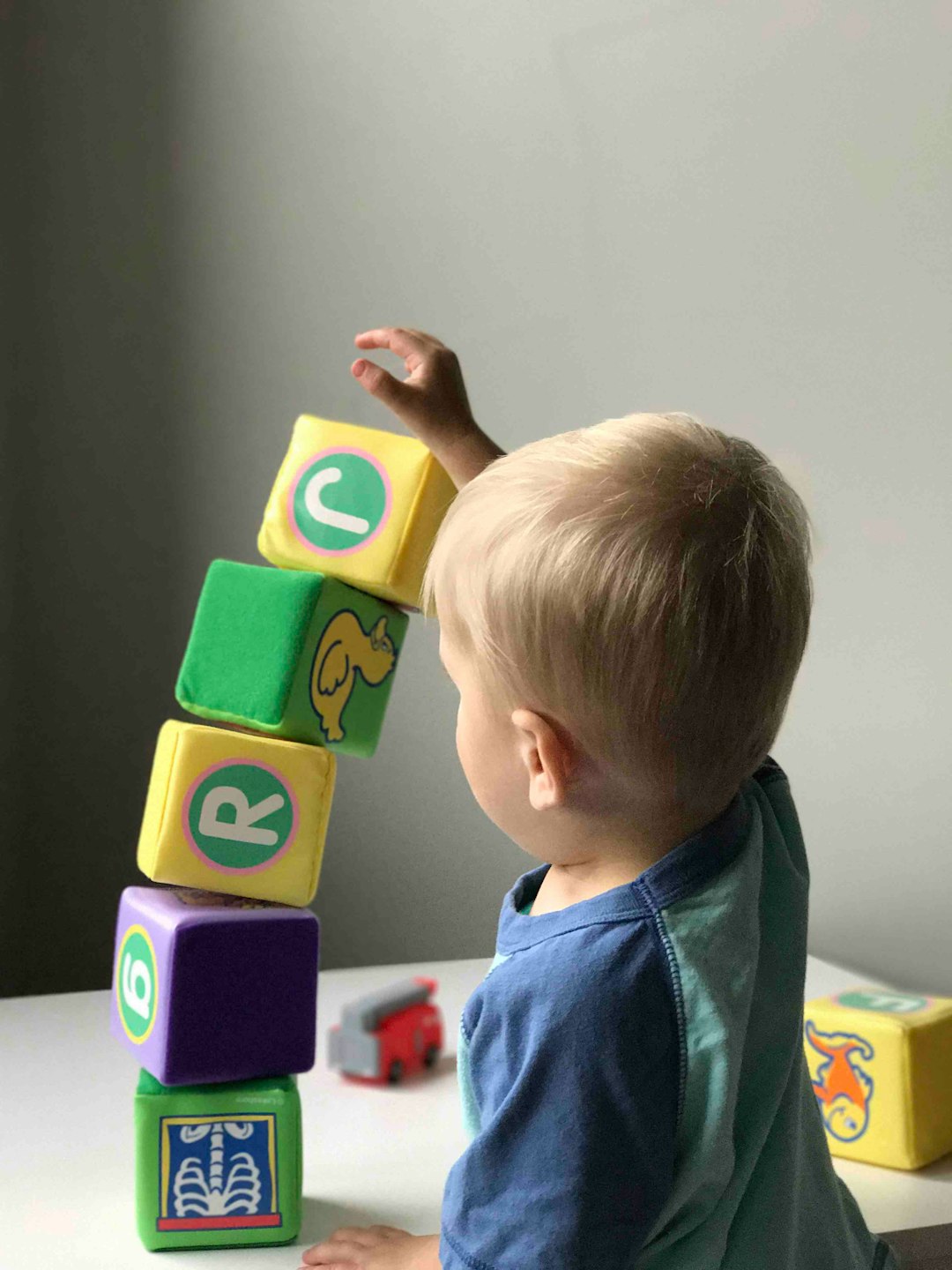Daycare staff training is vital in Connecticut and Colorado to enhance care quality and safety, prevent abuse, and build parent trust. Comprehensive programs equip educators with child development skills, safety protocols, crisis management, and ethical decision-making, minimizing risks and fostering a secure environment. In Colorado, daycare abuse attorneys emphasize the importance of ongoing training to address emerging trends, while in Connecticut, awareness of legal protections is crucial for staff to promptly report suspected abuse or neglect, protecting children and facilities.
In Connecticut, proper training for daycare staff is paramount to ensuring safe and nurturing environments for children. This article explores three critical aspects: enhancing care quality through targeted training, preventing misconduct with comprehensive education, and providing legal protections for workers and children alike. By examining these components, we highlight the pivotal role of training in mitigating potential daycare abuse, underscoring the importance of informed caregivers, and emphasizing the need for robust policies, all crucial elements addressed by top-rated daycare abuse attorneys in Colorado.
Enhancing Care Quality: Training Impact on Daycare Staff

Daycare staff training plays a pivotal role in enhancing the overall quality of care provided to young children. In Connecticut, where the demand for childcare services is high, well-structured training programs are essential to ensure that educators are equipped with the necessary skills and knowledge. These training sessions cover various topics, from child development and safety protocols to effective teaching methods and crisis management.
By investing in staff training, daycare centers can reduce potential risks and prevent incidents of daycare abuse. Colorado, known for its stringent regulations, emphasizes the importance of educated caregivers to foster a safe and nurturing environment. Trained staff are better equipped to handle challenging behaviors, recognize signs of abuse or neglect, and respond appropriately. This not only protects children but also builds trust between parents and childcare providers, ensuring peace of mind in what can be a stressful time for working families.
Preventing Misconduct: The Role of Education in Connecticut

In Connecticut, preventing misconduct within the childcare sector is paramount to ensuring the safety and well-being of young children. Education plays a pivotal role in this regard, as comprehensive training programs equip daycare staff with the knowledge and skills necessary to handle various situations ethically and responsibly. By investing in educational initiatives, Connecticut aims to foster a culture of integrity and prevent potential daycare abuse cases that may arise from staff misconduct.
Daycare abuse attorneys in Colorado emphasize the significance of ongoing training to address emerging trends and best practices in childcare. Through interactive workshops, simulations, and regular updates on child development theories, staff members are empowered to make informed decisions and create a secure environment for the children under their care. This proactive approach not only safeguards the kids but also builds trust between parents and daycare providers, fostering a positive reputation for Connecticut’s childcare industry.
Legal Protections: Awareness for Daycare Workers Safety

In Connecticut, as in many states, legal protections are in place to ensure the safety and well-being of children in daycare settings. However, awareness among daycare workers about these laws and their implications is paramount. Training programs should educate staff on their responsibilities in reporting suspected abuse or neglect, including mandatory reporting requirements and the steps to take if they witness or suspect any form of childcare abuse.
Knowing their legal protections and obligations can empower daycare workers to act promptly and responsibly. This includes understanding the roles of various agencies involved in investigating and addressing childcare abuse allegations, such as local child protective services and law enforcement. Moreover, training should highlight the potential consequences of failing to report suspected abuse, not just for the well-being of children but also for the legal standing of daycare facilities and their staff.






